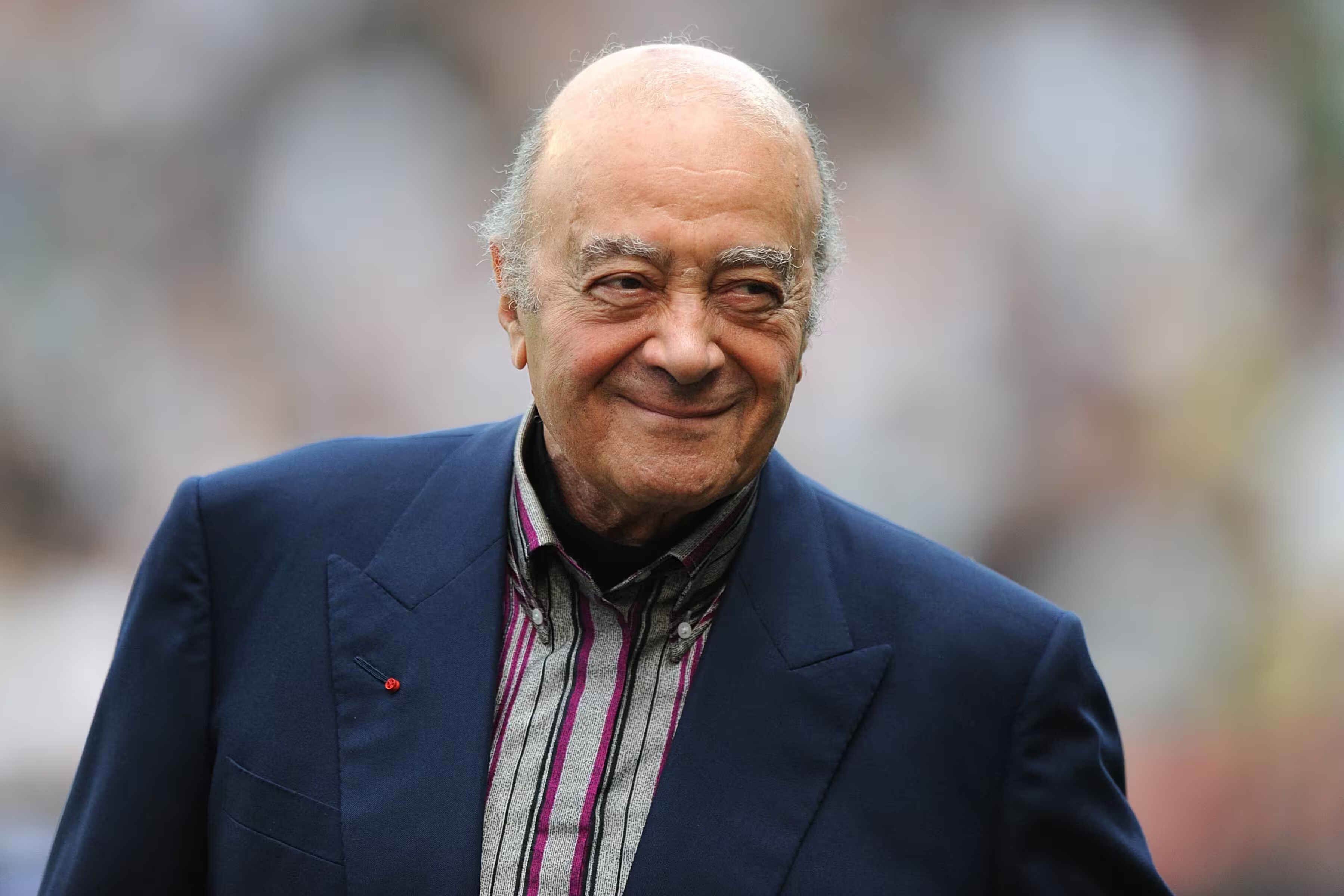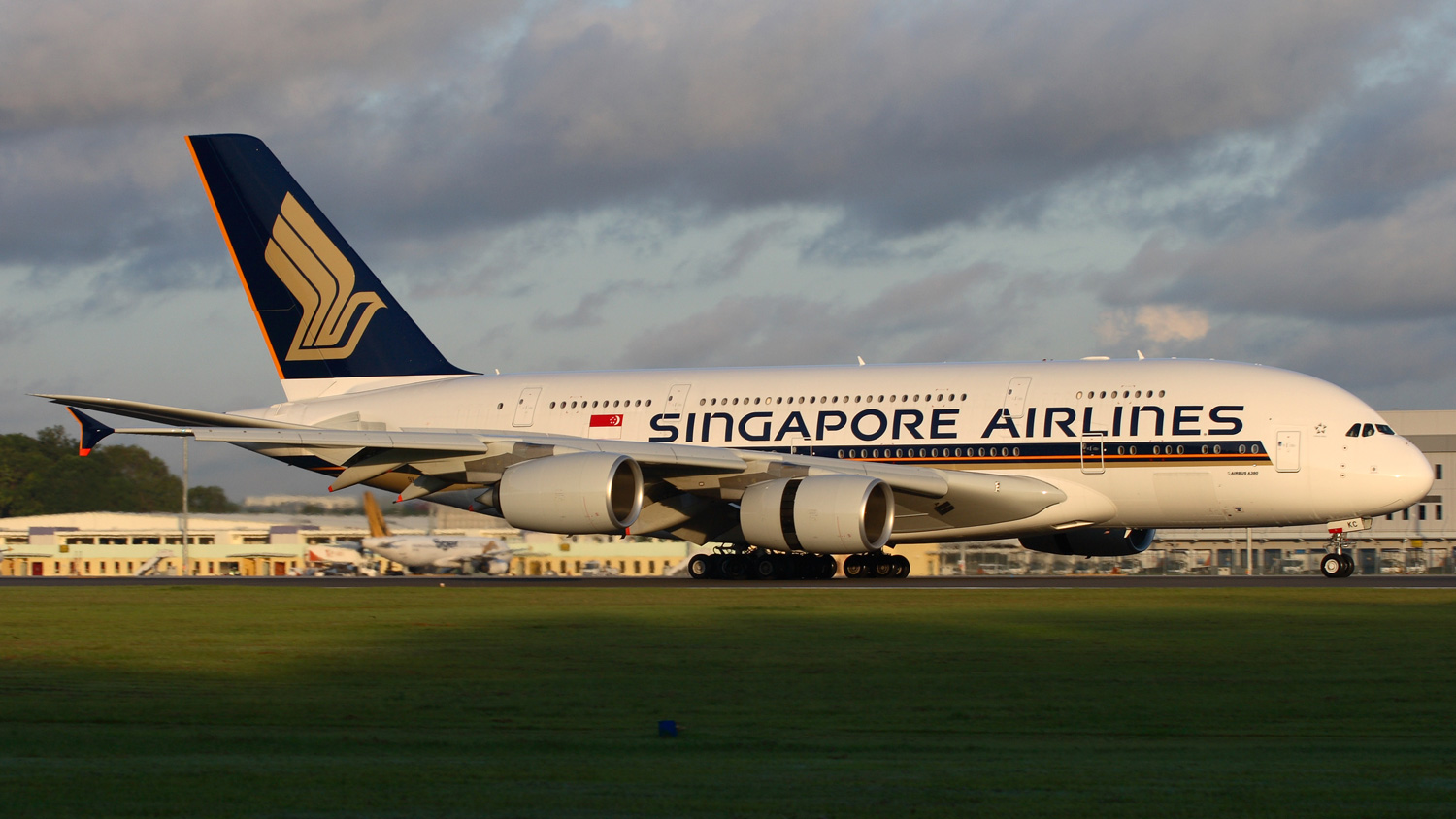
Who was Mohamed Al Fayed? Mohamed Al Fayed was a larger-than-life Egyptian businessman known for his ownership of Harrods, the Ritz Hotel in Paris, and Fulham FC. Born in Alexandria in 1929, he climbed from modest beginnings to become a billionaire. His life was a mix of success, scandal, and tragedy. From his early ventures in shipping to his high-profile acquisition of Harrods, Al Fayed's business acumen was undeniable. Yet, his life was also marked by controversies, including allegations of bribery and sexual misconduct. His connection to Princess Diana and the tragic death of his son Dodi added another layer of intrigue to his story.
Key Takeaways:
- Mohamed Al Fayed, an Egyptian entrepreneur, overcame humble beginnings to acquire iconic businesses like Harrods and the Ritz Hotel, leaving a lasting impact on British society.
- Despite controversies, Al Fayed's philanthropy and business acumen shaped his legacy, while his portrayal in popular culture continues to captivate audiences.
Early Life and Family Background
Mohamed Al Fayed's journey began in Egypt, where his early experiences shaped his future endeavors.
- Birth and Early Life: Mohamed Al Fayed was born on January 27, 1929, in the Roshdy neighborhood of Alexandria, Egypt, to Aly Aly Fayed, an Egyptian primary school teacher from Asyut.
- Family Background: He was the eldest son of four siblings, including two brothers and two sisters. His family's background was marked by modest means, with his father being a school teacher.
- Business Acumen: Al Fayed's interest in business was evident from a young age. He started selling homemade lemonade as a schoolboy, which marked the beginning of his entrepreneurial journey.
Early Business Ventures
Al Fayed's early business ventures laid the foundation for his later success.
- Marriage to Samira Khashoggi: In 1954, Al Fayed married Samira Khashoggi, with whom he had a son named Dodi. The marriage lasted only two years, but it was significant in his early business ventures.
- Business Ventures with Adnan Khashoggi: After his divorce, Al Fayed worked with his brother-in-law, Adnan Khashoggi, a prominent Saudi Arabian arms dealer and businessman. This collaboration exposed him to the global business scenario and helped him establish his own ventures.
- Shipping Company: Al Fayed collaborated with his brothers to form a shipping company in Egypt. He later moved the company's headquarters to Italy and set up additional offices in London, expanding his business operations globally.
International Connections and Move to Britain
Building international connections and moving to Britain were pivotal in Al Fayed's career.
- International Connections: During the 1960s, Al Fayed built strong connections with prominent businessmen and powerful individuals worldwide, including François Duvalier, the President of Haiti, and geologist George de Mohrenschildt.
- Financial Adviser to the Sultan of Brunei: In 1966, Al Fayed became a financial adviser to the Sultan of Brunei, Omar Ali Saifuddien III. He introduced British companies to the Emirates to carry out construction works for the country’s development.
- Move to Britain: In 1974, Al Fayed moved to Britain and added the definitive article "al-" to his name, rendering it "Al-Fayed" in English. This aristocratic prefix led to him being nicknamed the "Phoney Pharaoh" by Private Eye magazine.
Major Acquisitions and Business Success
Al Fayed's acquisitions of prestigious properties and businesses marked his rise to prominence.
- Acquisition of the Ritz Hotel: In 1979, Al Fayed purchased the Ritz Hotel in Paris for $30 million. He restored the hotel to its former glory, transforming it into one of the world's most prestigious hotels.
- Ownership of Harrods: In 1984, Al Fayed and his brothers acquired a 30% stake in House of Fraser, which included Harrods, one of London's most renowned department stores. They later increased their ownership to 51% in 1985.
Controversies and Scandals
Al Fayed's career was not without its share of controversies and scandals.
- Controversies and Scandals: Al Fayed was embroiled in several controversies, including the 'cash for questions' scandal in 1994, where he was accused of bribing then-Tory MPs Neil Hamilton and Tim Smith to pose questions in Parliament on his behalf.
- Ownership of Fulham FC: In 1997, Al Fayed took over Fulham FC, a Division Two club, and invested heavily in players and managers, including Kevin Keegan and Roy Hodgson. The team was promoted to the Premier League under his ownership.
- Statue of Michael Jackson: In 2011, two years after Michael Jackson's death, Al Fayed erected a statue of the pop star at Craven Cottage, Fulham FC's stadium. The statue was removed when he sold the club in 2013.
Philanthropy and Personal Relationships
Despite controversies, Al Fayed was known for his philanthropic efforts and notable personal relationships.
- Philanthropy: Despite his controversies, Al Fayed was a philanthropist who set up the Al-Fayed Charitable Foundation to support children with life-limiting illnesses and those from underprivileged backgrounds.
- Relationship with Princess Diana: Al Fayed's relationship with Princess Diana began in the late 1980s. He invited her and her children to spend a portion of their summer on his yacht in St. Tropez in 1997, where she reconnected with Dodi.
- Dodi Fayed: Dodi Fayed was Al Fayed's son from his first marriage to Samira Khashoggi. Dodi was in a romantic relationship with Princess Diana when they both died in a car crash in Paris in 1997.
The Tragic Car Crash and Its Aftermath
The tragic car crash that claimed the lives of Dodi Fayed and Princess Diana had a profound impact on Al Fayed.
- Car Crash Conspiracy Theories: Al Fayed maintained that the car crash that killed Dodi and Princess Diana was orchestrated by MI6 under the direction of the late Duke of Edinburgh, involving former Prime Minister Tony Blair. However, there was no substantiating evidence for these claims.
- Inquest into the Car Crash: The inquest into the car crash dismissed Al Fayed's conspiracy theories, stating there was "not a shred of evidence" to back them up.
Allegations of Sexual Misconduct
Al Fayed faced numerous allegations of sexual misconduct throughout his career.
- Sexual Misconduct Allegations: Al Fayed faced allegations of sexual misconduct since the late 1980s. He was accused of sexually harassing and assaulting numerous women, including young employees at Harrods.
- BBC Investigation: In a recent BBC investigation, more than 20 women who had worked at Harrods alleged that Al Fayed sexually assaulted them, with five accusing him of rape.
- Channel 4 Dispatches: A December 2017 episode of Channel 4's Dispatches programme alleged that Al Fayed sexually harassed three female Harrods employees and attempted to "groom" them. One of the employees was aged 17 at the time.
- Metropolitan Police Investigation: Al Fayed was interviewed under caution by the Metropolitan Police after an allegation of sexual assault against a 15-year-old schoolgirl in October 2008. The case was dropped by the Crown Prosecution Service due to conflicting statements.
Business Rivalries and Legal Issues
Al Fayed's business career was marked by fierce rivalries and legal challenges.
- Business Competitors: Al Fayed was known for his fierce rivalry with business competitors, particularly 'Tiny' Rowland, who led the mining conglomerate Lonrho. The rivalry culminated in a confrontation where Al Fayed was arrested in March 1998, though no charges were ever filed.
- Arrest and Charges: Al Fayed and others were arrested in March 1998 after a safety deposit box incident at Harrods. However, no charges were ever filed against him.
Citizenship and Legacy
Despite his contributions to British society, Al Fayed never attained British citizenship.
- British Citizenship: Despite his significant contributions to British society, including owning Harrods and Fulham FC, Al Fayed never attained British citizenship. He lamented, "Why won’t they grant a passport? I employ thousands of people in this country".
- Jack Straw’s Rejection: In 1999, the then Labour Home Secretary Jack Straw rejected Al Fayed’s second application for British citizenship, citing a "general defect in his character" due to the controversies surrounding him.
- Legacy in Business: At the time of his death in 2023, Al Fayed’s wealth was estimated at $2 billion by Forbes. He owned several prestigious businesses, including the Ritz Hotel and Harrods.
Restoration and Philanthropy
Al Fayed's efforts to restore iconic properties and his philanthropic contributions were significant.
- Restoration of the Ritz: Al Fayed restored the Ritz Hotel to its former glory, transforming it into one of the world’s most prestigious hotels. He invested an additional $50 million in renovations after purchasing the hotel in 1979.
- Temporary Closure of the Ritz: In 2012, Al Fayed temporarily closed the Ritz Hotel for extensive refurbishments, which lasted until 2016. The hotel reopened to great fanfare, maintaining its status as a luxurious destination.
- Philanthropic Efforts: Through the Al-Fayed Charitable Foundation, he supported children with life-limiting illnesses and those from underprivileged backgrounds. His philanthropic efforts were significant, though often overshadowed by his controversies.
- Support for Great Ormond Street Hospital: Al Fayed donated millions to charities such as Great Ormond Street Hospital, which is one of the largest children’s hospitals in the UK. His contributions were instrumental in supporting the hospital’s operations.
- Funding Films: He also funded films like Chariots of Fire, which won several Academy Awards. His involvement in the film industry was another aspect of his diverse business ventures.
Political Involvement and Scandals
Al Fayed's involvement in politics led to several high-profile scandals.
- Involvement in Politics: Al Fayed was involved in several political scandals, including the 'cash for questions' affair in 1994. He faced allegations of bribing then-Tory MPs Neil Hamilton and Tim Smith to pose questions in Parliament on his behalf.
- Jonathan Aitken Scandal: Al Fayed revealed that cabinet minister Jonathan Aitken had been staying at the Ritz Hotel in Paris at no charge, coinciding with Saudi arms dealers. This revelation led to Aitken’s resignation and later imprisonment for perjury connected to a libel case against The Guardian.
Portrayal in Popular Culture
Al Fayed's life and career have been depicted in various forms of popular culture.
- Portrayal in Popular Culture: Al Fayed is portrayed by Salim Daw in seasons 5 and 6 of The Crown, a popular Netflix series. The show dramatizes his interactions with Princess Diana and Dodi, as well as the tragic car crash that claimed their lives.
Final Years and Legacy
Al Fayed's final years were marked by his continued influence and legacy.
- Funeral and Burial: After his death in 2023, Al Fayed was buried alongside Dodi at Barrow Green Court. The funeral service was held during Friday prayers at London Central Mosque, reflecting his Islamic faith.
- Business Holdings Worldwide: Al Fayed had business holdings all over the world, including shipping companies in Egypt, Italy, and England. His entrepreneurial abilities were evident from his early days in business.
- Influence on Dubai: Sheikh Rashid al Makhtoum, the ruler of Dubai, believed that Al Fayed could help transform Dubai. He entrusted Al Fayed with financial responsibilities, which further expanded his global business network.
- Financial Adviser to the Sultan of Brunei: In addition to his role in Dubai, Al Fayed also served as a financial adviser to the Sultan of Brunei. He introduced British companies to the Emirates for construction works, contributing significantly to the country’s development.
Harrods and Beyond
Al Fayed's acquisition and restoration of Harrods remain a significant part of his legacy.
- Acquisition of House of Fraser: In 1985, Al Fayed and his brothers acquired a 51% stake in House of Fraser, which included Harrods. This move increased their ownership and solidified their position in the retail industry.
- Restoration of Harrods: After acquiring Harrods, Al Fayed invested heavily in restoring the store to its former glory. He transformed it into one of London’s most iconic department stores, attracting international clientele.
- Controversies at Harrods: Despite his success at Harrods, Al Fayed faced numerous controversies, including allegations of sexual misconduct against young female employees. These allegations were documented in various media outlets, including ITV and Channel 4.
- BBC Investigation Findings: The recent BBC investigation revealed that more than 20 women who worked at Harrods alleged that Al Fayed sexually assaulted them. This further highlighted the long-standing issues of workplace harassment within his business empire.
- Channel 4 Dispatches Allegations: A Channel 4 Dispatches programme in 2017 alleged that Al Fayed sexually harassed three female Harrods employees and attempted to "groom" them. One of the employees was aged 17 at the time, adding to the severity of the allegations.
- Metropolitan Police Investigation Outcome: The Metropolitan Police investigation into Al Fayed following an allegation of sexual assault against a 15-year-old schoolgirl was dropped due to conflicting statements. This outcome reflected the challenges in prosecuting such cases without robust evidence.
Business Rivalries and Legal Issues
Al Fayed's business career was marked by fierce rivalries and legal challenges.
- Business Rivalries: Al Fayed was known for his fierce business rivalries, particularly with 'Tiny' Rowland, who led the mining conglomerate Lonrho. Their rivalry culminated in a confrontation where Al Fayed was arrested in March 1998, though no charges were ever filed.
- Arrest and Charges Outcome: The arrest and charges related to the safety deposit box incident at Harrods did not result in any convictions for Al Fayed. This outcome was consistent with his history of avoiding legal repercussions despite numerous allegations.
Legacy in Popular Culture
Al Fayed remains a significant figure in popular culture, particularly through his portrayal in The Crown.
- Legacy in Popular Culture: Mohamed Al Fayed remains a significant figure in popular culture, particularly through his portrayal in The Crown. The show dramatizes his interactions with Princess Diana and Dodi, as well as the tragic car crash that claimed their lives.
Impact on British Society
Despite his controversies, Mohamed Al Fayed had a significant impact on British society.
- Impact on British Society: Despite his controversies, Mohamed Al Fayed had a significant impact on British society. He owned some of the country’s most iconic businesses, including Harrods and Fulham FC, employing thousands of people and contributing to the country’s cultural landscape.
The Legacy of Mohamed Al Fayed
Mohamed Al Fayed's life was a whirlwind of business triumphs, controversies, and personal tragedies. Born in Alexandria, Egypt, he climbed the ladder of success through sheer determination and savvy business moves. From owning the Ritz Hotel in Paris to transforming Harrods into a global icon, his impact on the business world was undeniable. His relationship with Princess Diana and the tragic death of his son Dodi added layers of public intrigue and sorrow. Despite facing numerous allegations of sexual misconduct and never obtaining British citizenship, Al Fayed's influence on British culture and commerce remains significant. His philanthropic efforts, particularly through the Al-Fayed Charitable Foundation, showcased a softer side often overshadowed by scandal. Mohamed Al Fayed's story is a complex blend of ambition, controversy, and legacy, leaving an indelible mark on those who followed his journey.
Frequently Asked Questions
Was this page helpful?
Our commitment to delivering trustworthy and engaging content is at the heart of what we do. Each fact on our site is contributed by real users like you, bringing a wealth of diverse insights and information. To ensure the highest standards of accuracy and reliability, our dedicated editors meticulously review each submission. This process guarantees that the facts we share are not only fascinating but also credible. Trust in our commitment to quality and authenticity as you explore and learn with us.


